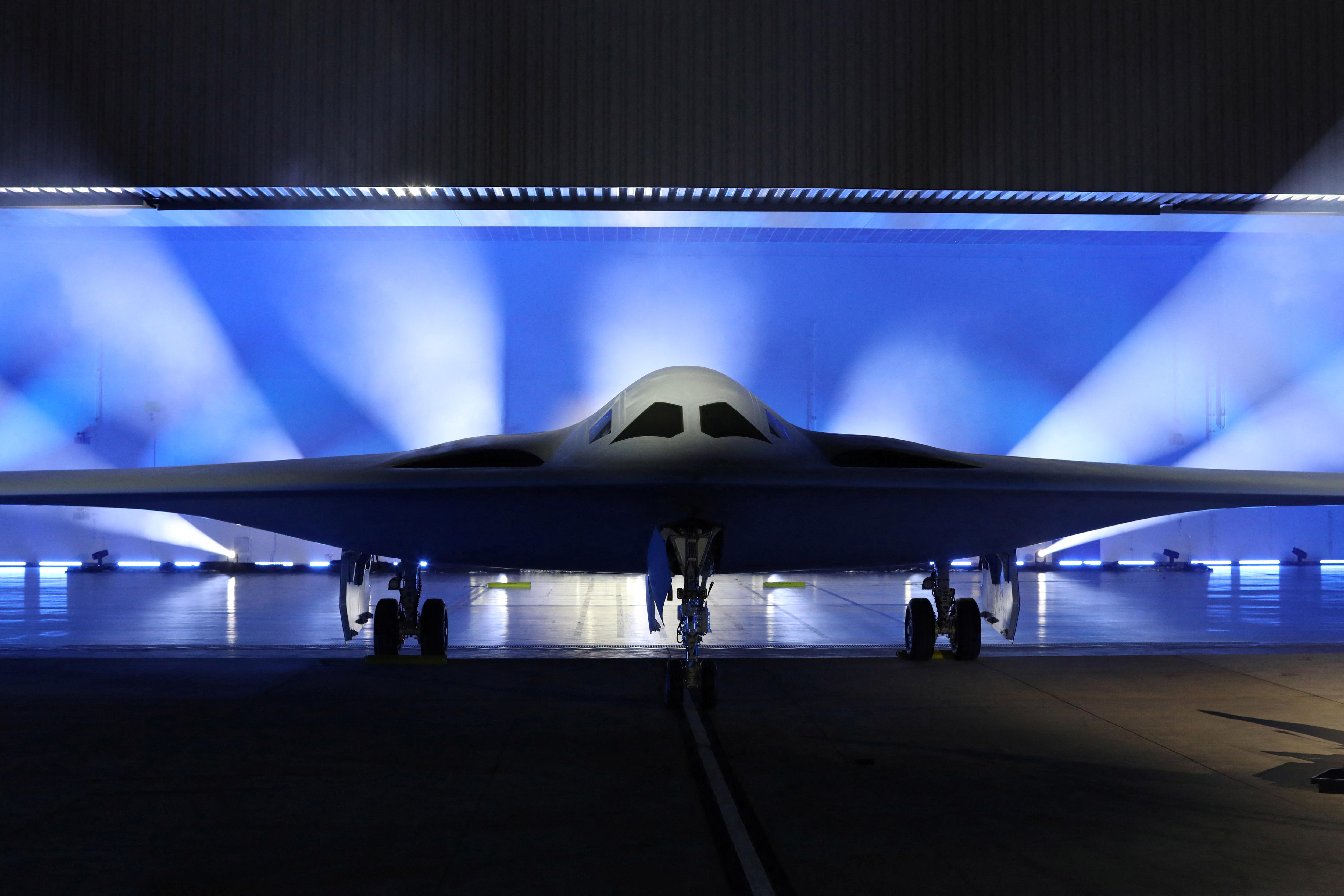
As the defence strategic review announcement and AUKUS submarine decision are pending, Canberra should develop clear, plain language that eschews euphemism when talking about the US’s forward posture and associated basing arrangements in Australia.

As the defence strategic review announcement and AUKUS submarine decision are pending, Canberra should develop clear, plain language that eschews euphemism when talking about the US’s forward posture and associated basing arrangements in Australia.
Secretary of Defense Lloyd Austin said Tuesday that the US will increase its military presence in Australia in a buildup aimed at China.
In a joint press conference with Australia’s defense minister and foreign minister, Austin said that the US will increase its rotational forces in Australia. “That includes rotations of bomber task forces, fighters, and future rotations of US Navy and US Army capabilities,” Austin said.
Many countries in the region are not eager to get on board with the US’s confrontational approach to China. The prime minister of Papua New Guinea said this week that his country can’t afford to get caught between the US and China and said he told the US your “enemy is not my enemy.”
Indonesia’s president expressed similar concerns during a meeting of the Association of Southeast Asian Nations (ASEAN) in November, saying the ASEAN must not let the region turn into a frontline for a new Cold War.
Details on the rotational deployments aren’t clear, but they will likely focus on the Australian city of Darwin in the Northern Territory, where US Marines have been rotating through for years.

The UK defence secretary, Ben Wallace, will join Marles and Austin for a first meeting of the Aukus defence ministers on Thursday.

The increased military presence in Australia comes after the U.S. and U.K. announced in September 2021 that they had agreed to school the Australians on the "extremely sensitive" technology of nuclear-powered submarines. The U.S. had previously shared the technology only with the British.

"We'll also continue to find ways to further integrate our defence industrial bases in the years ahead."